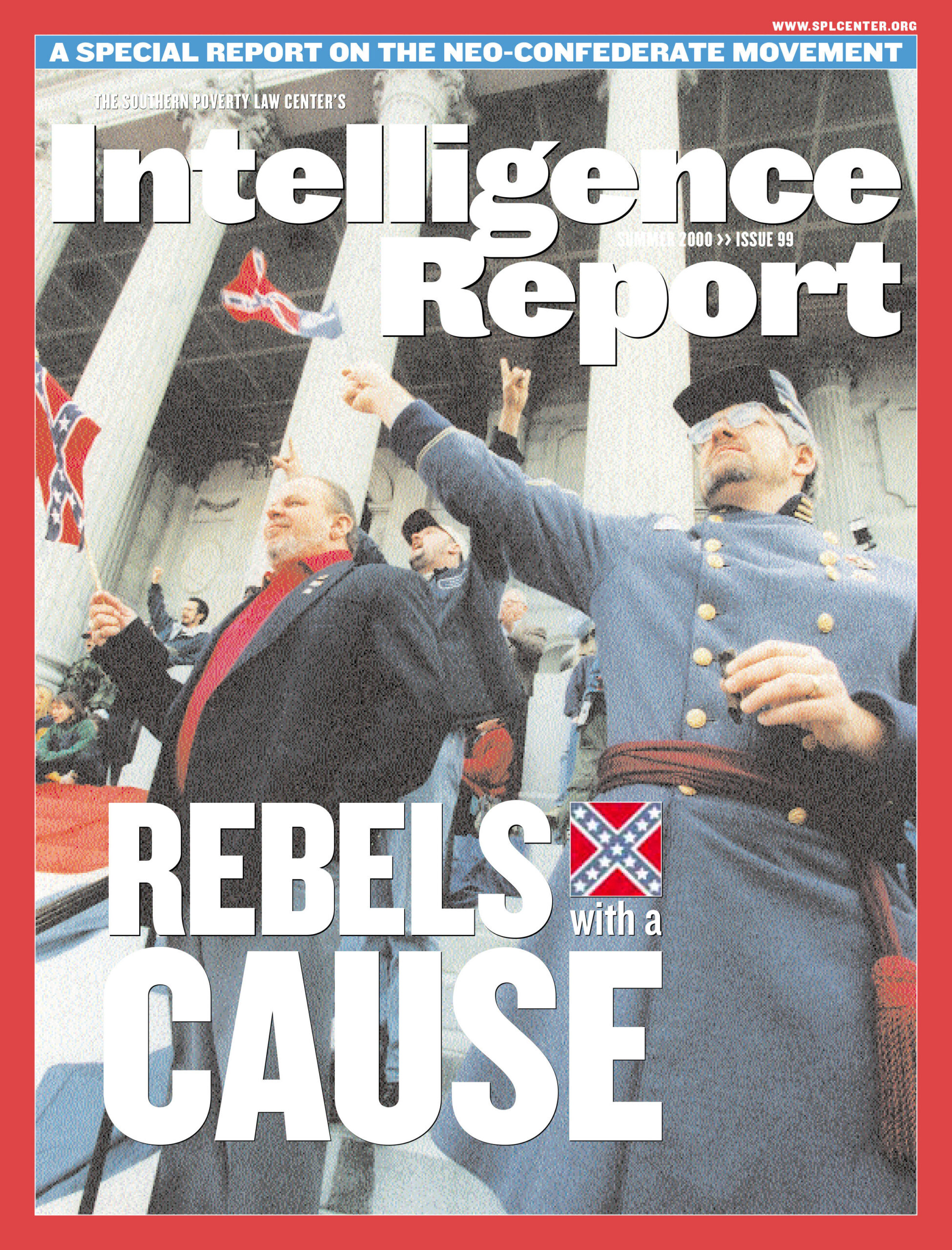An independent counsel and a federal jury both find that the U.S. is not responsible for the deaths in Waco.
For seven years, conspiracy mongers on the left and right have angrily denounced the government’s role in Waco, accusing it of starting the shootout that began a 51-day standoff with religious cultists, setting the fire that ended it and then using snipers to murder any who attempted to flee the holocaust.
An entire industry of conspiracy materials has grown up around the 1993 standoff, and the antigovernment “Patriot” movement grew to prominence partly by describing the conflict as emblematic of the government’s murderous treatment of dissenters.
Perhaps they should have waited.
This summer, two major blows hit the Waco conspiranoiacs. On July 15, a five-person advisory panel to a federal judge ruled that the government was not responsible for the gun battle that began the standoff with the Branch Davidians or the fire that ended it.
A week later, former Republican senator John Danforth — appointed by U.S. Atty. Gen. Janet Reno as special counsel in an independent probe that lasted 10 months — concluded officials had committed no “bad acts.”
“This is not a close call,” Danforth said as he announced the findings of his $12 million probe. “These dark questions are answered with total certainty.”
The twin findings fly in the face of the suspicions of virtually every antigovernment conspiracy theorist. In particular, they upended the theories put forth in two major “documentaries” by Michael McNulty, who did more than any other player to sell the idea that the government fired on fleeing Davidians.
Danforth’s findings were the most comprehensive. His report concludes with “100 percent certainty” that officials did not fire on Davidians when the siege ended on April 19, 1993; that they did not cause the fire that engulfed the Waco compound after government tanks began inserting tear gas; that the danger of being shot by Davidians justified the decision not to have firefighting equipment there that day; and that the firing of pyrotechnic devices at an outlying building in the Davidian compound was unrelated to the fire that began hours later.
The federal jury, whose non-binding opinion is expected to inform a final decision that has yet to be written by the judge in the case, acted in a $675 million wrongful death suit brought by surviving Davidians and relatives of the dead. Its findings were similar to those of the Danforth investigation, but did not address the question of government agents allegedly shooting Davidians on April 19.
Evidence in favor of the government in the trial was often dramatic.
Audiotapes were played in which Davidians could be heard discussing starting the fire and keeping it going. In one, Davidian leader David Koresh could be heard laughing about seeing a federal agent get his head blown off.
Evidence showed that about 300 weapons, including a massive .50-caliber sniper’s rifle, were found in the ashes of the compound after it burned.
Autopsies showed that of the 20 children who died April 19, five had been shot and one stabbed — hardly a likely way for the government to murder them, given that agents would have had to run into the heart of a massive fire.
A reenactment of the last day of the siege — in which gunshots were fired while being photographed on infrared film — showed that flashes of light seen on infrared film that was exposed on April 19 were not gun shots, as McNulty contends. Instead, experts said they were light reflected by shiny debris on the ground.
At one point, Clive Doyle, a Davidian who survived the fire, testified through his tears that cultists had nothing to do with starting the blaze. Then a lawyer asked dryly whether Doyle could explain why the sleeves of the jacket taken from him on April 19 were soaked in a flammable liquid.
Although the federal jury’s findings are non-binding, most expect the judge to follow its recommendations. “It’s over,” Davidian lawyer Michael Caddell said. “The vast majority of the American people will take this as the final word.”



